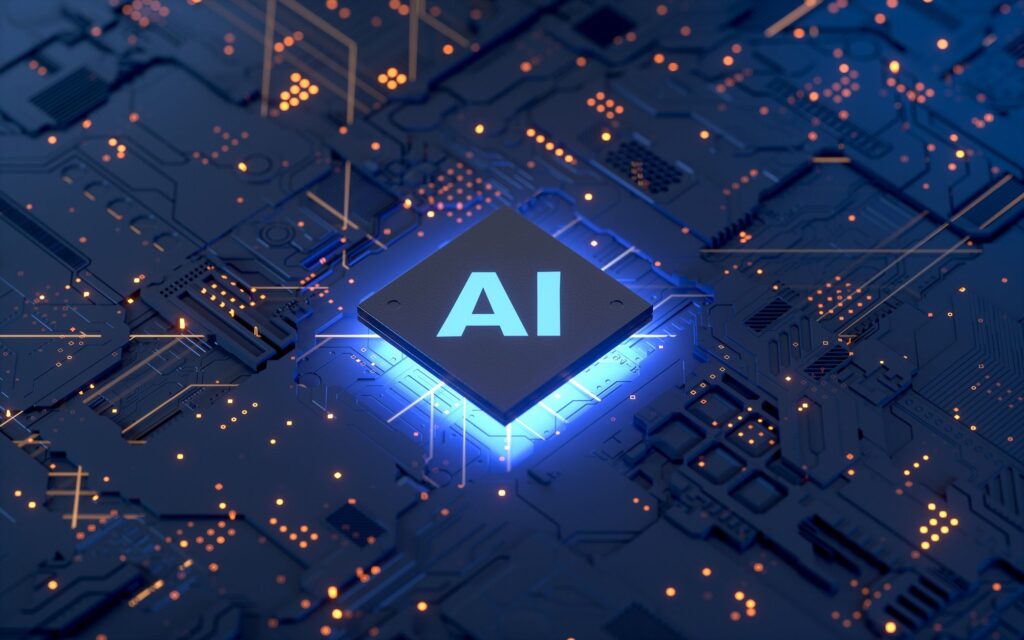Role Of Artificial Intelligence In National Security

The branch of technology known as artificial intelligence (AI) is expanding quickly and has the potential to have substantial effects on national security. All facets of society are anticipated to change as a result of artificial intelligence (AI). National security may suffer if AI technology is not used and efficiently integrated. Since at least the Second World War, military technology has employed partially autonomous and intelligent systems, but latest events in machine learning and artificial intelligence (AI) mark a turning point in the application of automation in warfare. AI and national security maintains technical leadership, promotes positive commercial and non-military uses, and reduces catastrophic risks. Over the past five years, professionals working in the field of artificial intelligence (AI) have made notable technical advancements, far more quickly than was initially predicted. Machine learning advancements in the AI subfield are mainly responsible for this progress. The majority of specialists predict that this rapid improvement will continue and even accelerate. The majority of developments in AI research take place in business and academia. National security could benefit significantly from current AI capabilities.

High-end technological states are increasingly utilizing AI-based decision-making systems and AI-based military systems. The shift in the balance of power in this dynamic international environment would be influenced by the development of new technologies by states. The fourth industrial revolution is going to speed up the technological revolution, where AI and machine learning (ML) are now being incorporated into military systems. New ideas are required, as well as a precise definition of the threats and methods for addressing them. There is a need to create regulations that prevent the weaponization of human-dependent technology like cyber and AI, even though that may be difficult to do. Both benefits and drawbacks of AI exist for humanity. Artificial intelligence has changed dramatically over the past ten years, leading to its adoption by organizations, businesses and people for a range of purposes, from financial planning mass surveillance. While countries compete to use the most advanced technology military, police and intelligence applications, their potential implications when used in counterterrorism strategy has also been explored. Attention is also paid many moral and ethical issues that need to be resolved before the technology can be effective employed in the fight against terrorism and extremism. Special attention is paid to artificial intelligence as one of the most adaptable development technologies that has the ability to drastically increase production and efficiency of various aspects in various industries such as medicine, agriculture, policing and counter-terrorism. These organizations and movements often use strategies such as attacking civilian targets in an attempt to draw attention to weak security the government they are trying to overthrow. Use Technology using artificial intelligence to identify individuals at risk of radicalization online another example of how this is possible is communities to facilitate reporting and intervention can be used to fight terrorism online. Correct use artificial intelligence in the fight against terrorism can help prevent domestic terrorism also. There are many uses for artificial intelligence the potential to help prevent online terrorism. By classifying new records, extracting patterns, marking relevant information, developments or relationships and displaying results, Artificial intelligence can benefit law enforcement agencies when dealing with the vast amount of data collected. He can assist in finding, identifying patterns and relationships that might otherwise remain undetected significantly assist law enforcement and change the direction of the fight against the Internet terrorism, anti-terrorist organizations.

It seems obvious that unchecked AI research and development would have disastrous impacts on every aspect of human life. Similar to the introduction of AI-based weapon systems, new arms race in the states with advanced technology is expected to result. Additionally, the states would be developing their AI-based weaponry as a form of defense. This would result in the militarization of AI, which would limit the potential future benefits of AI. Likewise, AI will not revolutionize the battlefield, but it will not change the way we live either. Robots are currently replacing humans in industry, creating job insecurity. Likewise, killer robots would be a potential threat to humans. There is no legal instrument or treaty that can limit the development of killer robots by developed nations. Furthermore, AI applications are widely used for civilian purposes and it should be noted that AI should not be tainted with negativity. Artificial intelligence has a dual use, and its civilian use is immensely beneficial to humanity in general. However, its defensive applications are extremely dangerous. It is up to states to decide on the use of AI.